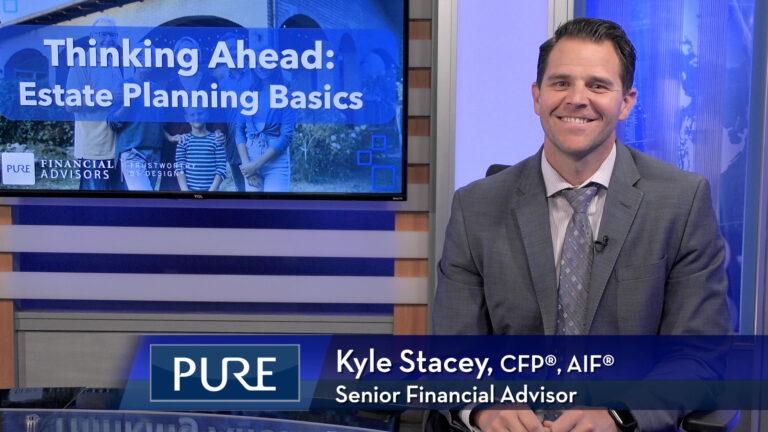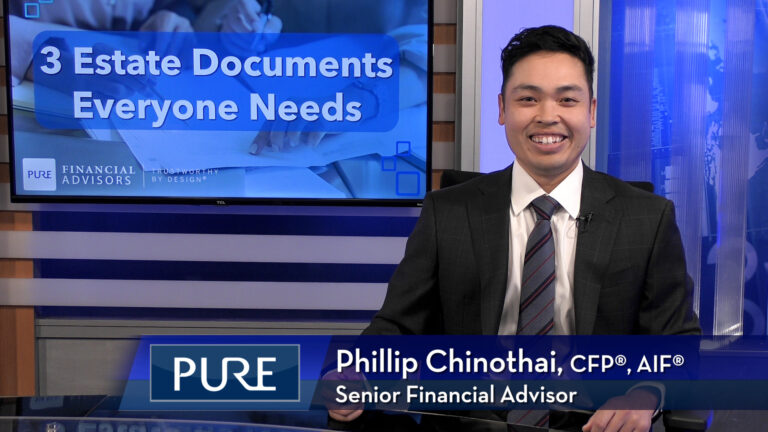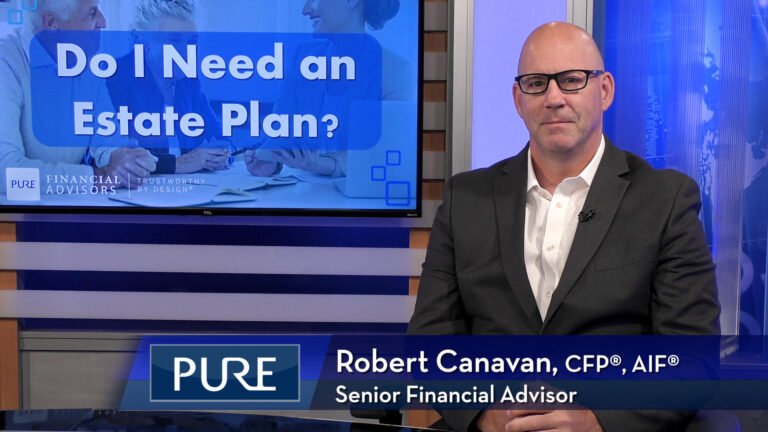Stress testing your financial plan entails looking at if your life changes, how is that going to impact your numbers, or how far can you push your financial plan until it breaks. Amy Cattelino, CFP®, AIF® covers the basics – from the variables to consider to the methods you can use.
FREE GUIDE | Retirement Readiness Guide
Transcript
Stress testing your financial plan entails looking at if your life changes; how is that going to impact your numbers, or how far can you push your financial plan until it breaks? Breaking, in this case, would represent running out of money before your life runs out.
Every Plan has Assumptions
When you build your financial plan, there’s going to have to be assumptions. Typically, your assumptions are going to be around rate of return, spending, inflation, how does your income grow, and so forth. But once you build your financial plan, typically, that’s not the stopping point your next step is you need to stress test that financial plan.
What is a Financial Plan Stress Test?
Number of ways to stress test your financial plan. One way is a Monte Carlo simulation. What that is, is it’s taking your financial plan and taking that rate of return assumptions, specifically building a lot of simulations and assumptions around a random generated rate of return every year. Because, as you know, with your financial plan, you have to assume a consistent return year in, year out, at least that’s what most do. It’s going to run your plan over and over and over and give you a percentage of how many times is your financial plan successful. But that’s not it, you need to test more to make sure that your retirement is rock solid because it’s not just your rate of return that can change in your financial plan; your life can change, the market can change, you can spend more you could look at inflation changing. There’s going to be a lot of variables that need to be taken into consideration; I’m giving you a general framework, but look within your life; you might know additional things that apply to you specifically that would need to be stress tested.
What if Your Plan Does Not Pass?
In addition, let’s say your retirement breaks in this stress test. That’s okay, that’s good; you know your numbers now. Next, you can start to play with it to see what do you need to change about your life to put you back on track
Subscribe to our YouTube channel.
IMPORTANT DISCLOSURES:
• Investment Advisory and Financial Planning Services are offered through Pure Financial Advisors, LLC, a Registered Investment Advisor.
• Pure Financial Advisors LLC does not offer tax or legal advice. Consult with your tax advisor or attorney regarding specific situations.
• Opinions expressed are subject to change without notice and are not intended as investment advice or to predict future performance.
• Investing involves risk including the potential loss of principal. No investment strategy can guarantee a profit or protect against loss in periods of declining values.
• All information is believed to be from reliable sources; however, we make no representation as to its completeness or accuracy.
• Intended for educational purposes only and are not intended as individualized advice or a guarantee that you will achieve a desired result. Before implementing any strategies discussed you should consult your tax and financial advisors.
CFP® – The CERTIFIED FINANCIAL PLANNER™ certification is by the Certified Financial Planner Board of Standards, Inc. To attain the right to use the CFP® designation, an individual must satisfactorily fulfill education, experience and ethics requirements as well as pass a comprehensive exam. Thirty hours of continuing education is required every two years to maintain the designation.
AIF® – Accredited Investment Fiduciary designation is administered by the Center for Fiduciary Studies fi360. To receive the AIF Designation, an individual must meet prerequisite criteria, complete a training program, and pass a comprehensive examination. Six hours of continuing education is required annually to maintain the designation.














